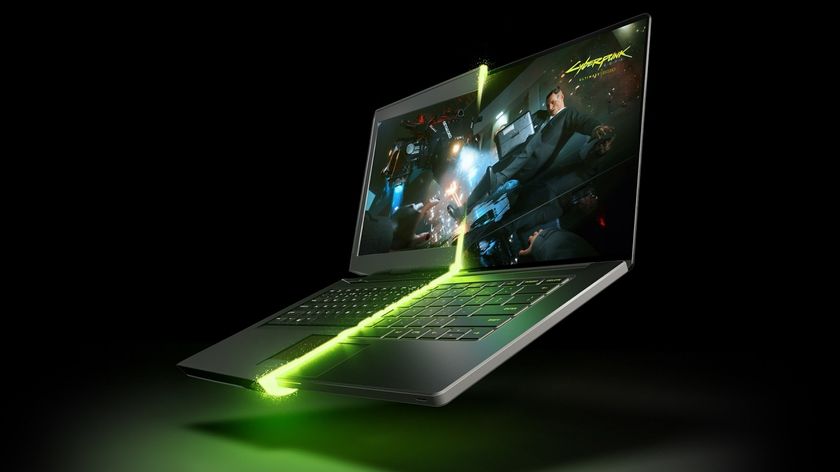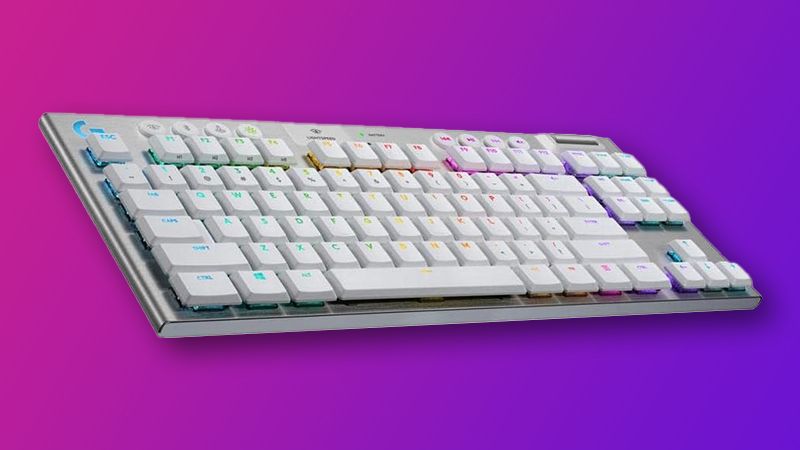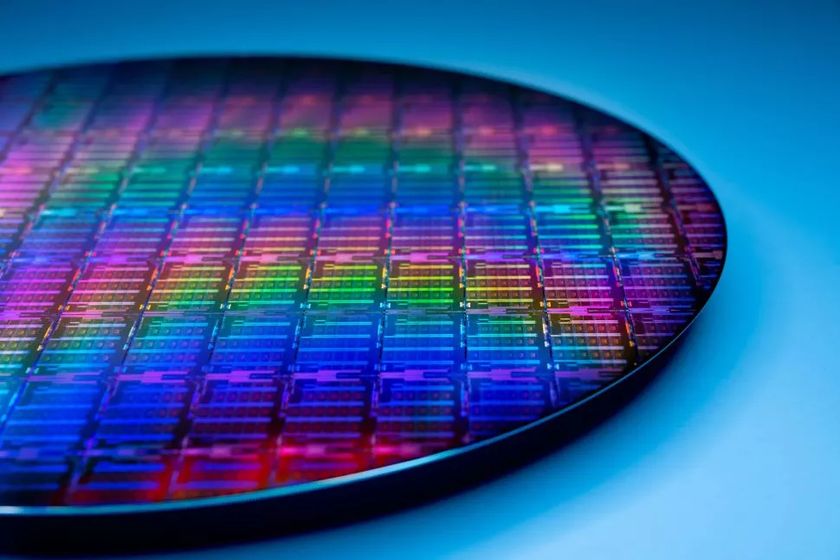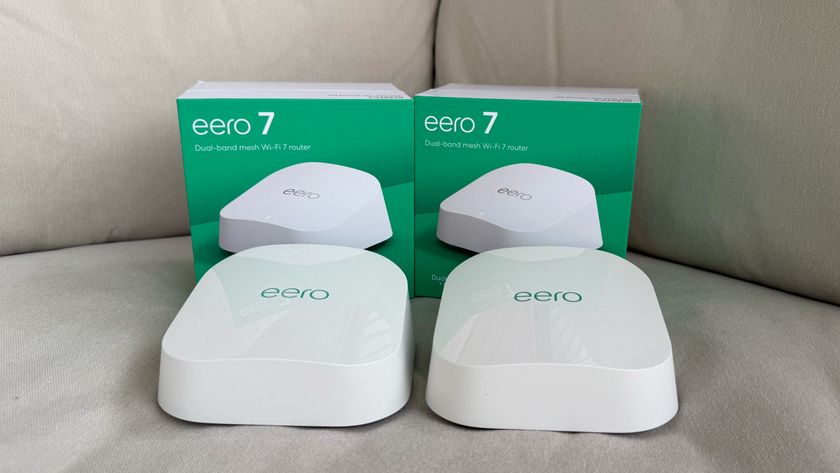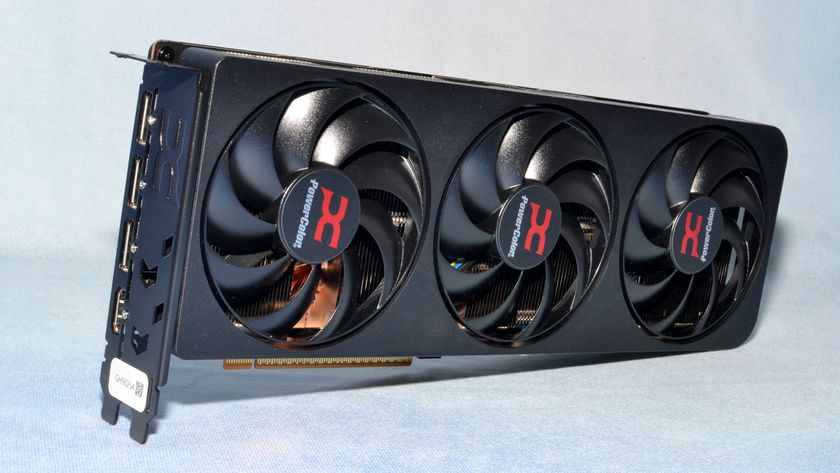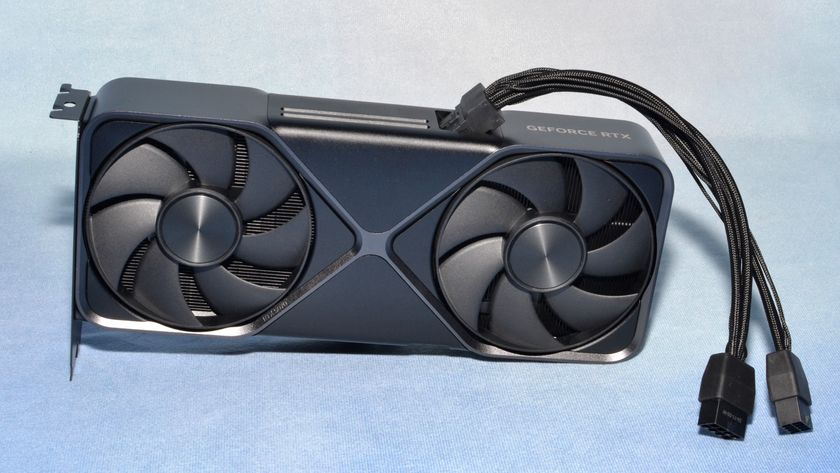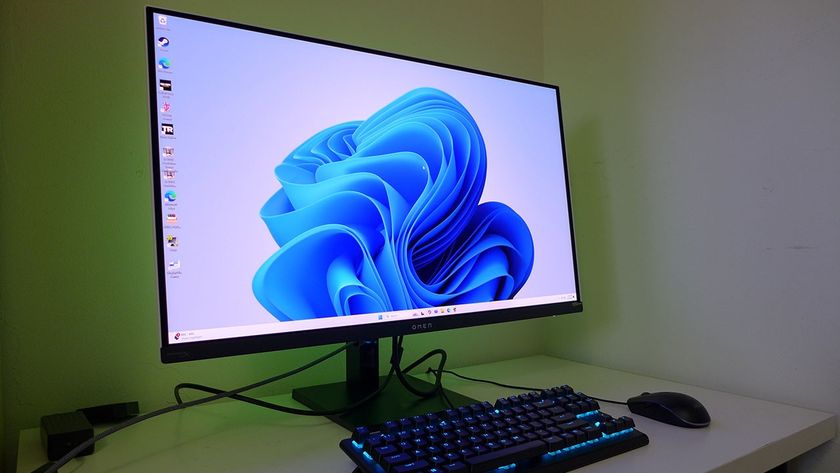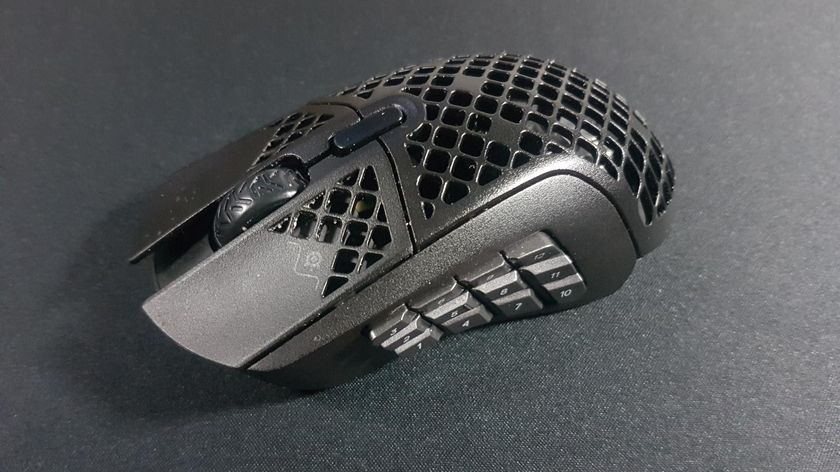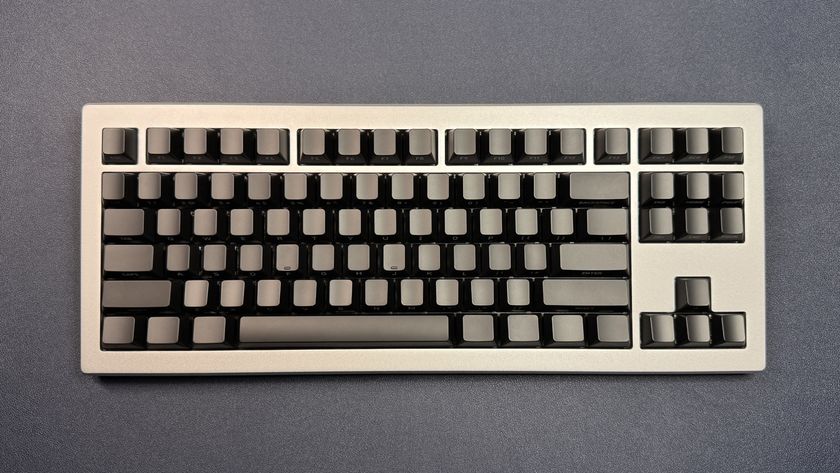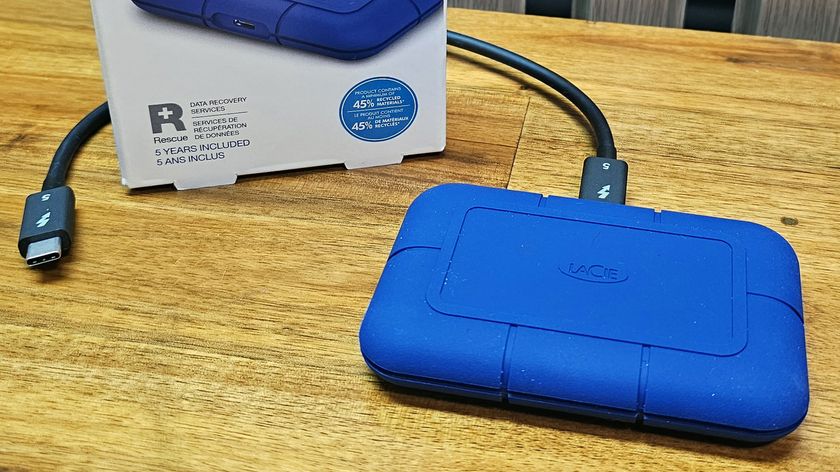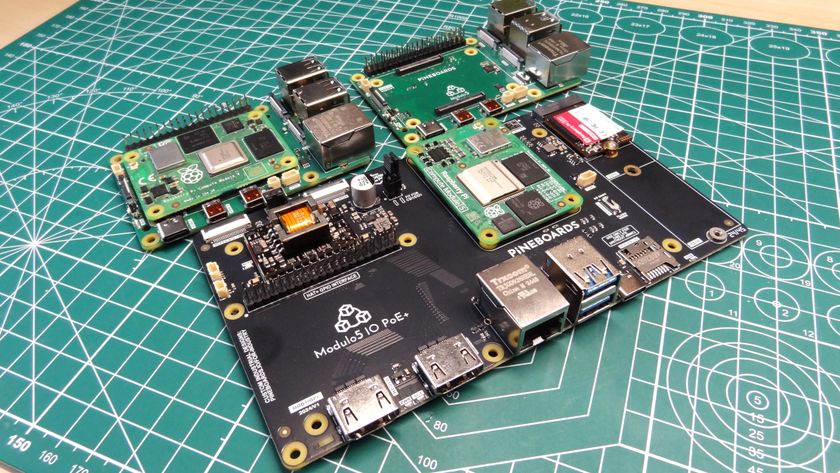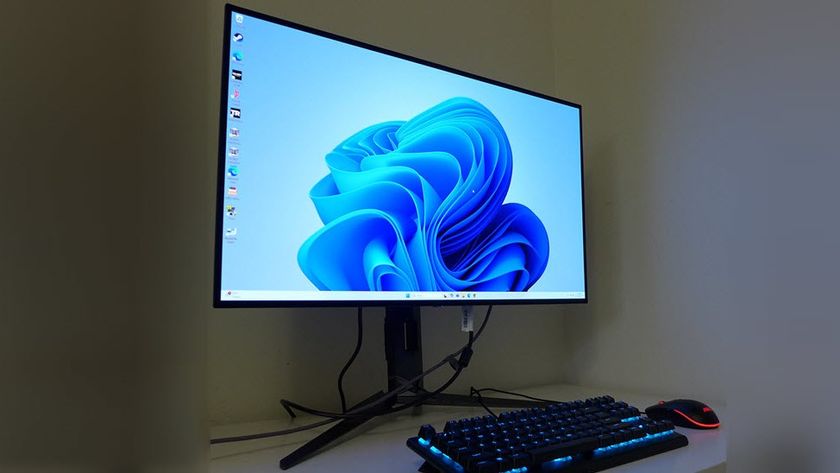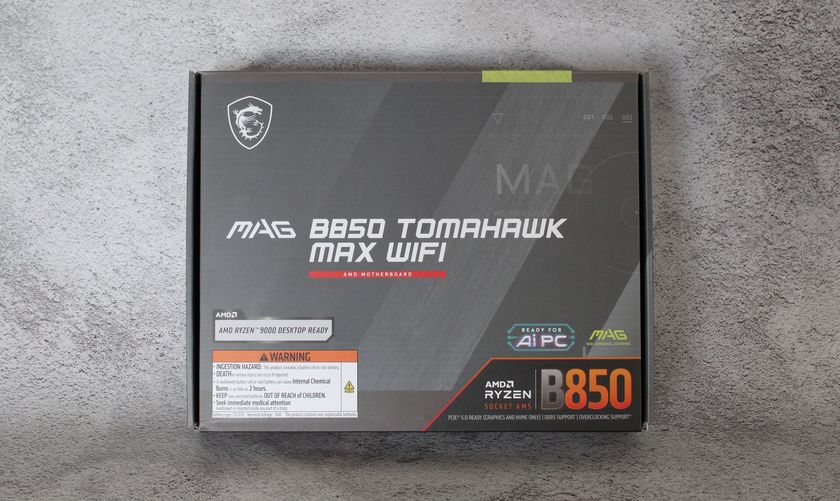Corsair CS850M 850W Power Supply Review
Why you can trust Tom's Hardware
Ripple Measurements
The following table includes the ripple levels we measured on CS850M’s rails. The limits are, according to the ATX specification, 120mV (+12V) and 50mV (5V, 3.3V and 5VSB).
| Test | 12V (mV) | 5V (mV) | 3.3V (mV) | 5VSB (mV) | Pass/Fail |
|---|---|---|---|---|---|
| 10% Load | 20.4 | 4.8 | 12.3 | 10.1 | Pass |
| 20% Load | 18.4 | 5.3 | 11.6 | 13.3 | Pass |
| 30% Load | 18.5 | 6.1 | 11.6 | 13.7 | Pass |
| 40% Load | 20.9 | 6.8 | 11.8 | 14.3 | Pass |
| 50% Load | 24.5 | 7.5 | 12.7 | 14.3 | Pass |
| 60% Load | 30.4 | 8.8 | 14.0 | 16.8 | Pass |
| 70% Load | 33.5 | 9.5 | 14.2 | 18.6 | Pass |
| 80% Load | 38.7 | 10.5 | 15.0 | 19.5 | Pass |
| 90% Load | 43.9 | 11.9 | 14.4 | 19.3 | Pass |
| 100% Load | 49.4 | 13.1 | 12.6 | 23.3 | Pass |
| 110% Load | 54.3 | 14.3 | 12.1 | 24.4 | Pass |
| Cross-Load 1 | 25.1 | 6.5 | 12.3 | 8.4 | Pass |
| Cross-Load 2 | 49.7 | 12.6 | 11.6 | 15.1 | Pass |
Ripple suppression on the minor rails is excellent, matching the performance of higher-end platforms built using much better components. However, while the initial performance of Taiwanese and Chinese capacitors may be good, what matters most is how they perform after a prolonged period. The caps in this unit are going to age much faster than Japanese caps.
Ripple suppression is decent on the +12V rail; we would prefer to see readings below 40mV during the full-load tests. Still, even some high-end PSUs register close to 40mV on this rail under worst-case conditions, so the CS850M's +12V ripple suppression can’t be characterized as bad or even mediocre.
Ripple
The following oscilloscope screenshots illustrate the AC ripple and noise registered on the main rails (+12V, 5V, 3.3V and 5VSB). The bigger the fluctuations on the screen, the bigger the ripple/noise. We set 0.01V/Div (each vertical division/box equals 0.01V) as the standard for all measurements.
Ripple At Full Load
Ripple At 110-Percent Load
Ripple At Cross-Load 1
Ripple At Cross-Load 2
Current page: Ripple Measurements
Prev Page Transient Response Tests Next Page Performance, Performance Per Dollar And Noise RatingsStay On the Cutting Edge: Get the Tom's Hardware Newsletter
Get Tom's Hardware's best news and in-depth reviews, straight to your inbox.

Aris Mpitziopoulos is a contributing editor at Tom's Hardware, covering PSUs.
-
Shneiky Another CS PSU with bad caps and short life. And at 120 USD or more than 120 EUR as it appears in my district, this PSU does not stand a chance against the competition. Still a lot of people will buy it just because it has a Corsair name on it. I feel kinda bad that Corsair ruins their legacy of quality with products like CS and VS.Reply -
giantbucket Reply15746324 said:Another CS PSU with bad caps and short life. And at 120 USD or more than 120 EUR as it appears in my district, this PSU does not stand a chance against the competition. Still a lot of people will buy it just because it has a Corsair name on it. I feel kinda bad that Corsair ruins their legacy of quality with products like CS and VS.
and then there are people who are going to hate on it just because it has a Corsair name on it... -
endeavour37a ykki, here is a tier list of PSUs, perhaps this is what your talking about.......Reply
http://www.tomshardware.com/forum/id-1804779/power-supply-unit-tier-list.html -
Shneiky ykki,Reply
I do not hate Corsair products because they are Corsair. I have a Corsair K70 and I love it. What I hate is cheaply made equipment that wants a price premium because it is X brand.
-
Aris_Mp @ykki The relative performance graph can play this role and with much more accuracy. However it measures pure performance and doesn't take into account other factors as output noise, warranty period etc. For these factors a final rating is needed, indeed.Reply -
damric Good review, Aris.Reply
I see no reason to buy this PSU when there are other good units with lower price built with better components. Example: Many XFX (Seasonic) and Golden Green (Capstone/B2) cost less but are more reliable with all good caps. Unfortunately, most consumers will be suckered in by the Corsair sticker.
On the bright side, these Great Wall units have far less problems than the CX series. Probably even more reliable than the RM.
